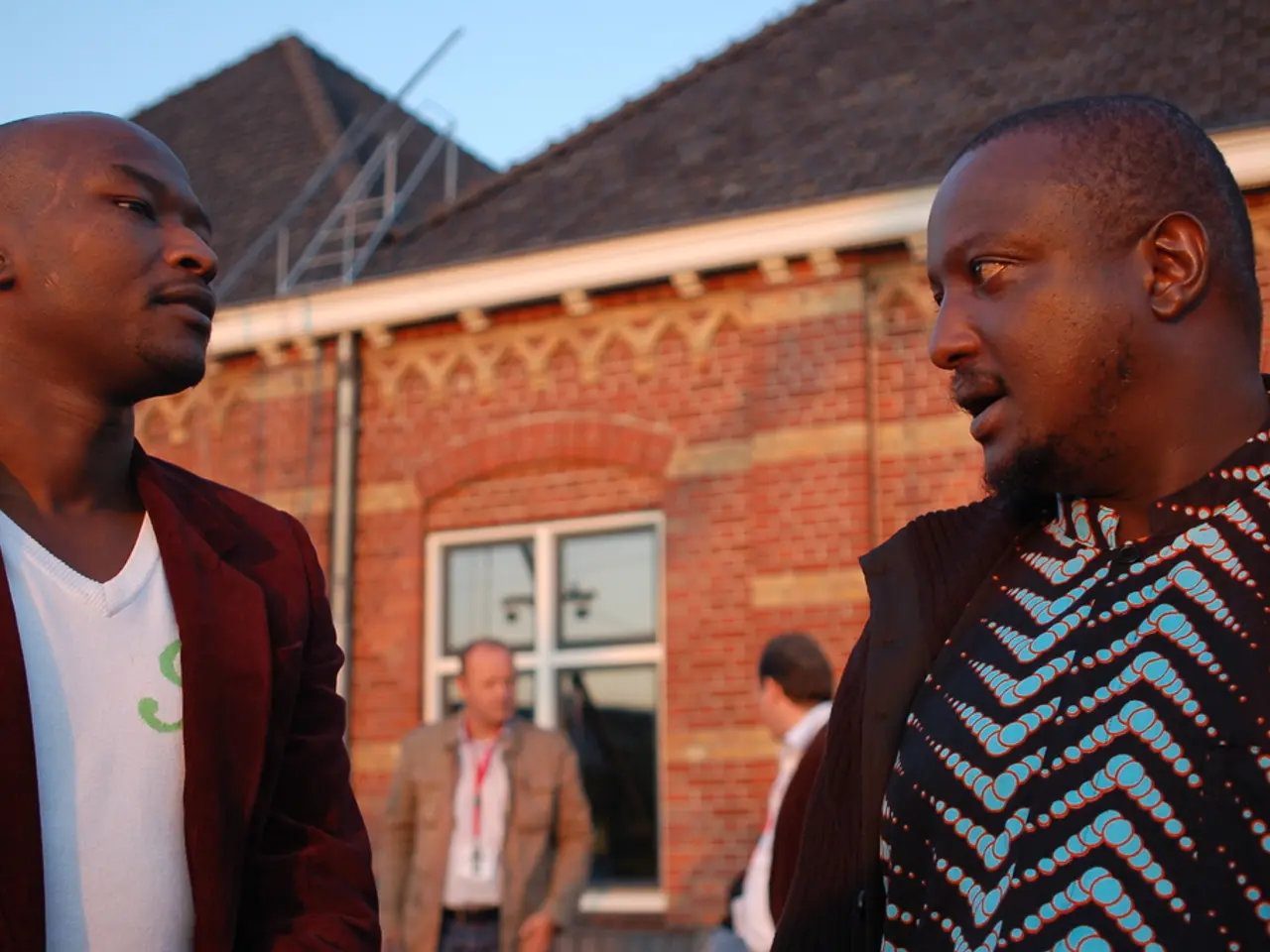Satisfied and Clearing the Path: Thuringia's Economy on the Rise
Investment Agreement Ahead: Voigt's Approval Clears Path for Investment Deal - Satisfied with the Outcomes: Commission's Verdict
Thuringia's Minister President, Mario Voigt, can't help but smile with relief. A compromise has been reached on the allocation of funds for the federal investment program destined for the economy. It was essential for him that municipalities received full compensation for their tax revenues lost, emphasizing the importance of this matter as a member of the conservative Christian Democratic Union (CDU). The stake is set at an additional eight billion euros for education and health, promised to benefit all states.
Thuringia, like other German states, had vigorously demanded compensation for the anticipated revenue losses due to forthcoming corporate tax relief measures. Without this crucial relief for municipalities, the minister stated bluntly, the approval simply wouldn't have been possible.
The settlement reached between the federal government and the states, with Voigt's approval, translates into a positive change in policy direction. This new policy shifts towards increased cooperation between the federal government and the states. "This agreement, dear colleagues, opens the door for an economic package that will bring investments, jobs, and new growth. It's more than that: it represents a significant shift in policy – a move towards collaboration between the federal government and the states," explained the head of Thuringia's government.
There is a forthcoming parliamentary decision on Thursday regarding a package of tax relief measures intended to stimulate the economy. Companies will be encouraged to invest through extended tax depreciation options for machinery and electric vehicles, and the corporate tax rate will reduce beginning in 2028.
State Finances and the CDU's Pragmatic Approach
Thuringia's strategy on economic investment and tax incentives for businesses aims to boost the state's economy, creating jobs, and positioning itself as an attractive destination for businesses. These measures, though beneficial for economic growth, also burden the state finances. With reduced immediate tax revenues, Thuringia's budget faces significant strain, especially in light of the increased spending on defense, infrastructure, and social programs at the federal level.
Minister President Mario Voigt championed a balanced approach during the negotiations with the federal government. Stressing the importance of fostering sustainable growth without financially jeopardizing Thuringia, Voigt has advocated for collaborative efforts to arrive at an agreement that supports the state's economic strategy while ensuring Thuringia avoids undue financial risks.
A Hopeful Future for Thuringia
It's a delicate dance between the pursuit of economic development and preserving fiscal health. With the compromises made, Thuringia now moves forward with hope, looking toward a future filled with investments, jobs, and growth. And with cooperation between the federal government and states on the rise, it seems there's a light at the end of the tunnel for this German state.
The compromise reached between the federal government and Thuringia's government, as led by Mario Voigt, represents a shift in policy-and-legislation towards increased cooperation within politics. This change in direction is essential for Thuringia's economy, as it promises an economic package that includes investments, jobs, and new growth, all while balancing financial risks in the general news.
In line with the conservative Christian Democratic Union (CDU) principles, Voigt emphasized the need for pragmatic approaches when negotiating with the federal government, prioritizing sustainable growth and fiscal responsibility alongside economic stimulation. With a hopeful outlook, Thuringia continues to dance delicately between economic development and financial health, forging a path towards a promising future.








